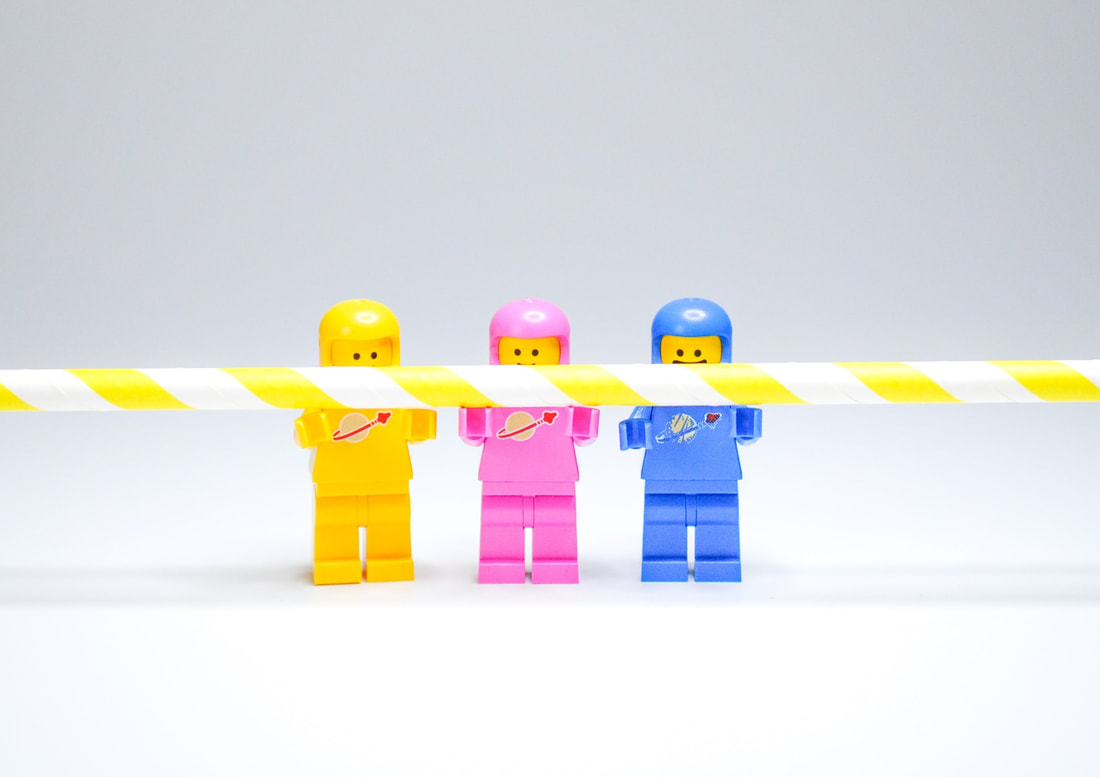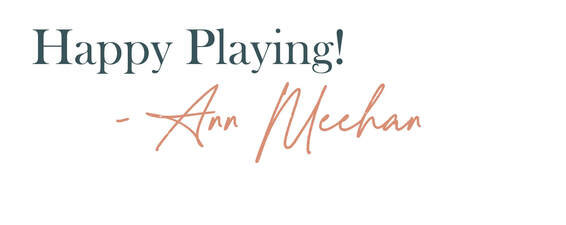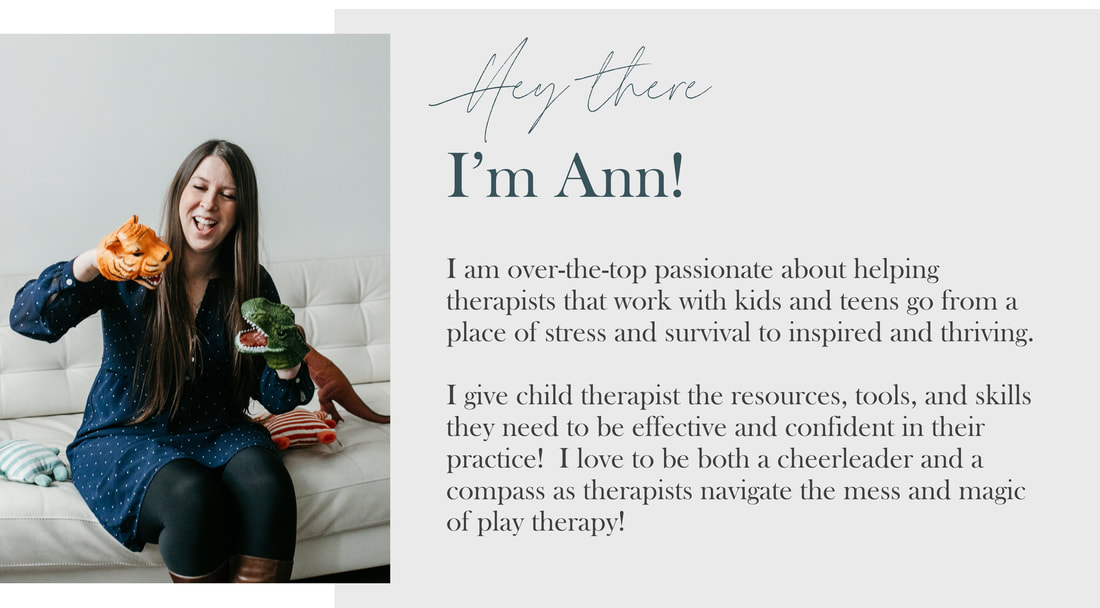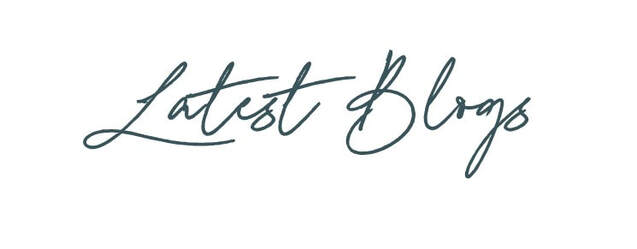|
Play therapy sessions are intended to have a specific theory or framework that determines exactly what to do and when during your play therapy sessions.
And after the playroom door shuts you go to your computer to type up the progress notes, which are meant to demonstrate… well… progress! So, how often do you think “what did we actually DO”? It’s pretty rare for a client to demonstrate significant and miraculous progress each and every session until termination. And that’s because life isn’t linear - and neither is the road to healing.
Sometimes you will have ahh-mazing sessions where you hit it out of the ballpark with engagement, understanding, and growth. Other times you might listen to how excited your client is that One Piece is coming to Netflix for the majority of the session. Other sessions your client may wear a scowl and tell you your toys are boring. Or maybe… they just don’t have that much to say - things are actually going really good!
And guess what? All of these sessions are valuable and have a rich therapeutic purpose. So here’s my take on this… there is no such thing as an unproductive session even though it might feel unproductive. Okay - I said it! I strongly believe a client is coming each session doing the best they can with what they have. Consider this - the client that feels like they are out of place and nobody “gets them” but you may be attempting to get relational needs met through sharing something exciting with you. The client that just had a huuuugee fight with their parent on the way over may be too far out of the window of tolerance to do anything but glare. Or the client who has been meeting their goals and doing amazing on using regulation skills may have little to say. So when you sit down at your computer to write your note one of the first things you need to do is consider WHY your session felt unproductive. So now, on to my top 7 reasons why sessions may seem “unproductive”: Your client is ready to enter the termination stages of therapy Congratulations!!! This is a client that is doing really well using skills, shifts in thinking, and tools in their day to day life. Nothing stands out too much because they handled and processed it well! And on the surface these sessions may seem “surface level” or as the therapist you might feel like you aren’t doing anything because there truly isn’t anything to talk about. For these clients your sessions are likely in the maintenance of skill phase! Your client just had a significant life change or event Something happened and it’s big. A divorce, a move, starting school, truama, an epic fight with their friend, etc. These clients may be way too out of their window of tolerance to open up and do deep work around these issues. Sometimes there is significant fear that if they start to let anything out about it the whole dam will break. For these clients the session content revolved around difficulty with their window of tolerance and likely attempts to widen the window of tolerance. Your client just finished processing or touching on difficult therapy materials It is not uncommon after a child has finished playing something big or has engaged in directive activities surrounding difficult or traumatic materials to need to come up for air so to speak. This might mean they want to re-establish rapport and the relationship or they need a little break from deeper material to again widen their window of tolerance to get ready for more difficult work. There is difficulty meeting needs in their life Check out this blog post HERE about how all behavior is to meet an emotional need and grab your free 5 Needs Handout! Sometimes a client will show resistant behaviors or difficulty engaging because they are not feeling powerful in their lives and are attempting to meet power needs in therapy. Other clients don’t feel that sense of belonging so attempt to get emotional needs met for love and belonging by sharing things with the therapist that they might share with a friend. For these clients documenting the needs attempting to meet are important. There is avoidance out of fear For these clients there may be a deep worry that if they go into the therapeutic material something bad will happen. This might be worries that they won’t be able to handle it, the therapist will judge them, or in extreme cases that another party like Child Protective Services will need to be called. There is difficulty with or damage to the therapeutic rapport This is a tough one. Sometimes clients display resistant behaviors from the start of therapy. Other times something has happened where there was a rupture to the therapeutic relationship. For these clients the goal and documentation focuses on rapport and relationship building. AND if you need more help with resistance and difficulty with engagement check out this course HERE! And there you have it! The 7 most common reasons I see in my practice when the session feels “unproductive”. And the more curious you can get about why the session was the way it was, the more effective, accurate, and efficient you can be in your notes! If you struggle with notes take my absolutely free course on the 5 Step Roadmap To Writing Faster Progress Notes! If you need a little more take The 5 Minute Note Course - where 10 days transforms your notes from novels to efficient and effortless! Loading...
0 Comments
Leave a Reply. |
Hi, there!I'm Ann Meehan, an LPCC, Loading... Archives
July 2024
Categories
All
|
Privacy Policies | Terms of Use | Disclaimer
Contact
[email protected] | Copyright Meehan Mental Health Services 2022
Contact
[email protected] | Copyright Meehan Mental Health Services 2022







